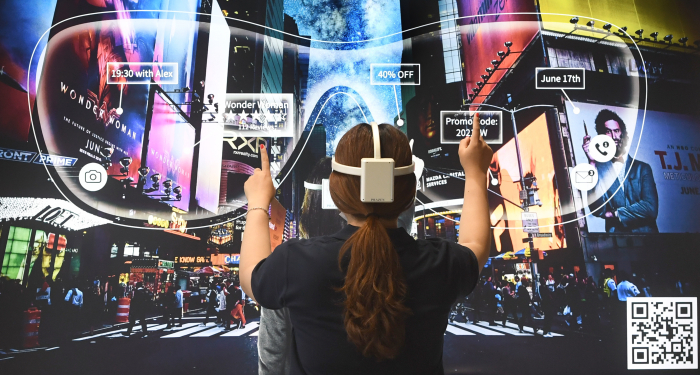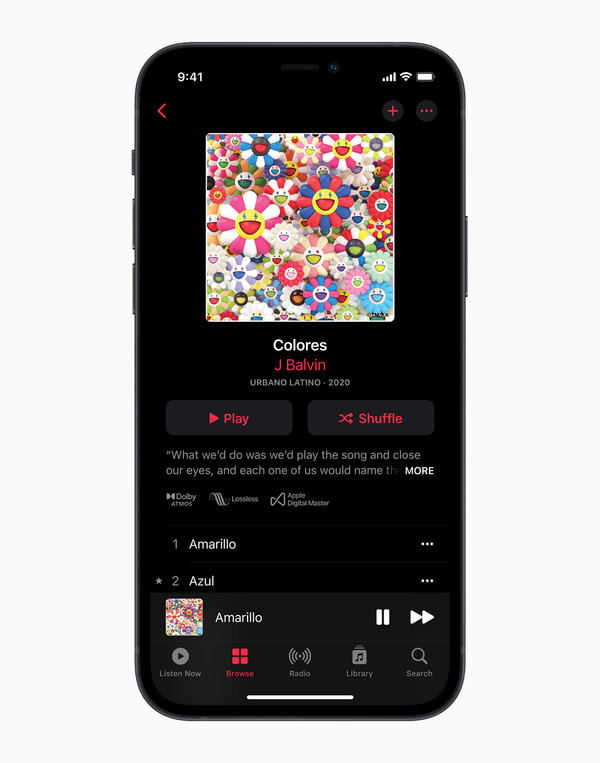Spatial audio becomes keystone for metaverse; attracts content giants
Spatial audio becomes crucial to the metaverse market, which is expected to reach $280 billion by 2025
By Jul 08, 2021 (Gmt+09:00)
Samsung shifts to emergency mode with 6-day work week for executives


CJ CheilJedang to sell feed, livestock unit for $1.4 bn


Samsung Electronics' key M&A man returns; big deals in the offing


Affinity to buy SK Rent-a-Car at $572 mn, more deals expected


Keppel REIT to sell Seoul-based prime office T Tower



Content giants are becoming increasingly interested in spatial audio technology, a keystone for the metaverse experience as it offers a 360-degree sound experience that drastically magnifies and enhances user immersion.┬Ā
According to market research firm Strategy Analytics Inc., the global metaverse market is expected to reach $280 billion by 2025 -- growth of more than sixfold compared to the $46 billion in 2020.
Some of the core technologies required to create a metaverse are immersive technologies such as augmented reality (AR), virtual reality (VR) and extended reality (XR).
In particular, sound is considered a crucial element to the metaverse since it would be impossible to create a "real environment" without satisfying one of the five major senses: hearing.┬Ā
This is also why content players including music streaming platforms, record labels, musicians and artists have been rushing to strengthen their foothold in the spatial audio segment.
For example, Apple Music announced last month that it would offer 75 million lossless audio files and provide support for spatial audio. The worldŌĆÖs biggest music label, Universal Music, as well as Amazon and Netflix have also announced their support for spatial audio.

ŌĆ£Global record labels are providing support for spatial audio to improve consumer satisfaction, but it's also interpreted as a move for them to lay the groundwork for the metaverse ecosystem,ŌĆØ said an industry official, adding that audio is one of the closest technologies to metaverse.
Domestic companies are also in pursuit of creating audio content for the metaverse ecosystem. For example, Korea's music content provider Genie Music was selected as a participant of the Ministry of Science and ICT's initiative to produce immersive content.
Industry experts say that there's almost no limit to the use of spatial audio in the metaverse. Once the spatial audio ecosystem is well established, it will enhance the immersive experience of contactless, or virtual, concerts that have become popular amid the global pandemic.
Through the spatial audio technology, online concert attendees will be able to experience sound from every angle -- from the stage performance to the band session as well as the shouts from the concert crowd.
"The key to metaverse is narrowing the gap between the physical world and the virtual world, which can be achieved via spatial audio thanks to its 360-degree sound delivery," said an official from the Institute of Information & Communications Technology Planning & Evaluation.
Write to Sung-soo Bae at baebae@hankyung.com
Danbee Lee edited this article.
-
 MetaverseHyundai Motor, Naver offer metaverse driving experience on its N Line
MetaverseHyundai Motor, Naver offer metaverse driving experience on its N LineJun 25, 2021 (Gmt+09:00)
1 Min read -

-
 Kosdaq IPOsMetaverse startups enjoy unrivaled attention on Kosdaq
Kosdaq IPOsMetaverse startups enjoy unrivaled attention on KosdaqMar 31, 2021 (Gmt+09:00)
2 Min read


